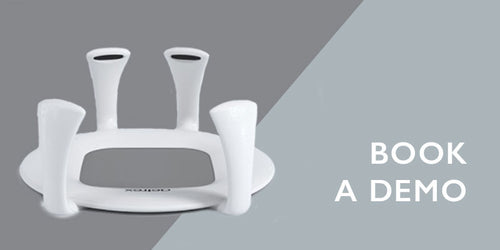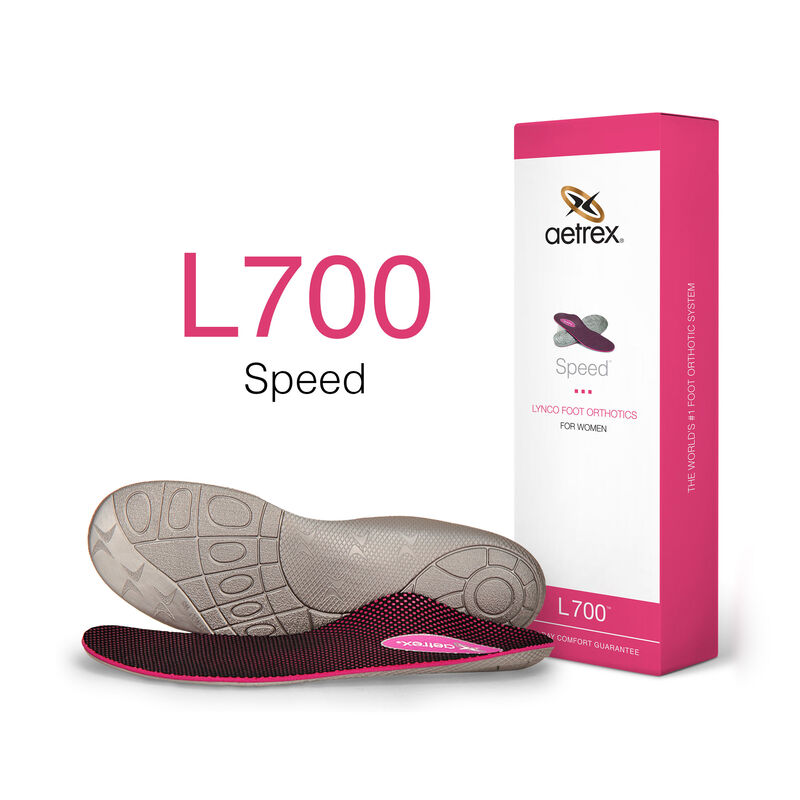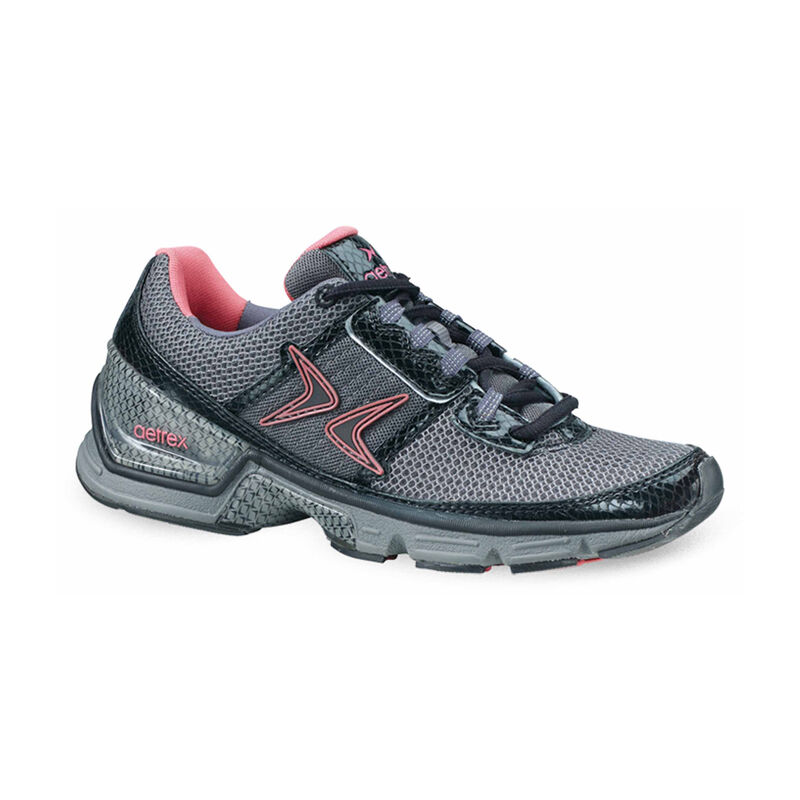Runner's Feet & Plantar Fasciitis
Running can be a great part of your health and fitness program, but it can also be incredibly tough on your feet, knees, and lower body in general. The repetitive motion and impact can cause damage and pain to your feet, such as plantar fasciitis, if you don't take proper precautions.
If you’re an avid runner, you know that taking proper care of your feet is essential to peak performance. Running can be an enjoyable experience if you treat your feet right and give them the tools they need to succeed.
PROPER FOOT CARE TIPS:
Proper foot care is paramount for runners aiming to maintain peak performance and minimize the risk of injuries. To begin with, investing in high-quality running shoes that offer ample arch support and cushioning tailored to your foot type is essential. Regularly inspect your footwear for signs of wear and tear, ensuring they provide the necessary support.
PREVENT PLANTAR FASCIITIS
Plantar fasciitis is a runner’s recurring nightmare. It's a result of long-term pressure and excessive strain on the foot; very common in runners and people who are on their feet for long periods at a time. Plantar fasciitis strikes when the thick band of fibers that runs along the bottom of the foot becomes inflamed. It can start as a minor irritation but can advance and develop into a very stubborn and sidelining injury, especially if it’s not treated promptly or properly. If you are feeling pain from plantar fasciitis, try these tips for relief.
- Avoid running or walking on hard or uneven grounds
- Choose orthotics that support your feet
- Choose proper-fitting footwear
- Stretch the feet and calves
- Rest

BEST ORTHOTICS & SNEAKERS FOR RUNNERS
The most important thing about choosing footwear when running is the fit. It’s crucial to ensure that your sneakers are the right size and support your feet because ill-fitting sneakers can be very dangerous and harmful. To ensure proper fit, try getting your foot scanned to learn about your length, width, arch height, instep height, pressure points, and more.

All Aetrex footwear and orthotics have Aetrex's Signature arch support built-in. The Signature Aetrex arch support is strategically placed further back to provide the right balance and support to the most weight-bearing part of the body and it provides a strong foundation for the plantar fascia to help keep it from stretching which usually occurs when you stand or walk.
Aetrex Orthotic Features:
- Signature Aetrex arch support helps align your body correctly
- Posted heel helps control balance and prevent injuries
- Memory foam for extra cushioning
- Helps provide equal distribution of pressure
Aetrex Shoe Features:
- Signature Aetrex Arch Support
- Superior cushioning
- Adjustable straps
- Firm, but flexible midsole
SOCKS
Having the right type of socks is as important as properly fitting shoes and orthotics. The best socks for running should be lightweight and made from materials that will wick moisture away from feet and help to avoid blisters.
- Socks should be lightweight
- Made from materials to wick moisture away from feet to avoid blisters
- Test a few different types of socks to find the best pair
- Make sure you're wearing the sneakers you plan to wear on runs while testing socks
ICE INJURIES
If you sustain an injury while running, it’s best to ice it ASAP to help reduce swelling.
- Apply ice to the injury for 15-20 minutes at a time, until pain subsides
- Keep the injured foot elevated to help reduce swelling

MOISTURIZE YOUR FEET
If your skin is rough, it is more susceptible to blisters or irritation. Keeping skin soft & supple can help to avoid skin irritations from running.
- Soak & moisturize every night to help keep skin soft
- Exfoliate dry skin with a wet washcloth

FOOT HYGIENE
Keeping your feet healthy and fungus-free is key in preventing Athlete’s Foot.
- Wash your feet daily with soap and water followed by thorough drying, especially between the toes
- Wearing dry, airy shoes and socks
- Do not borrow footwear from others
- Avoid wearing tight hosiery
- Use foot powder to help keep feet dry and infection-free
- Use protective shoes when using public showers or pools

Reference: Dr. George Ampat FRCS (Tr & Orth), Consultant Orthopaedic Spinal Surgeon








